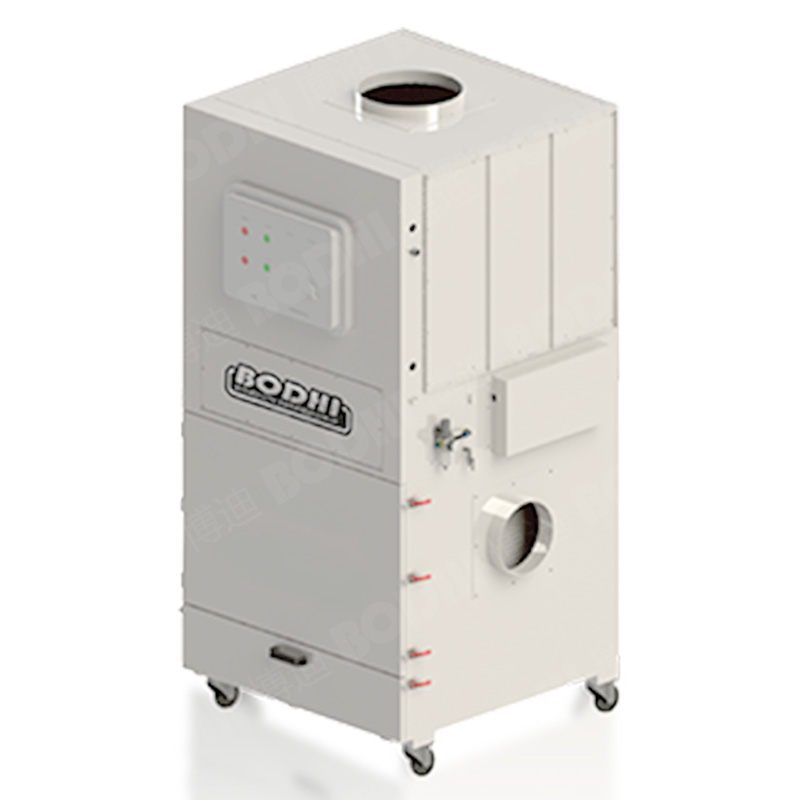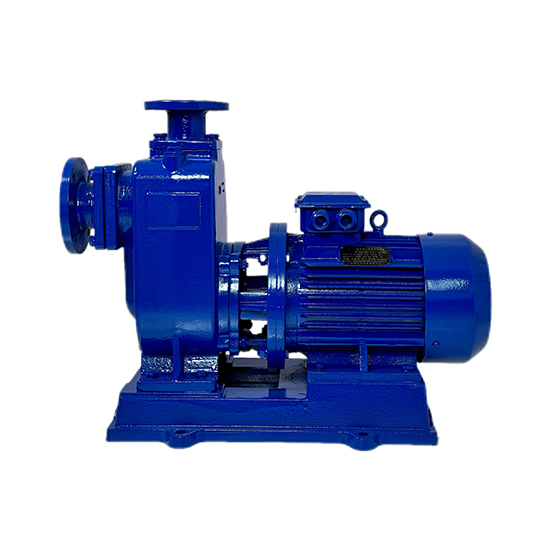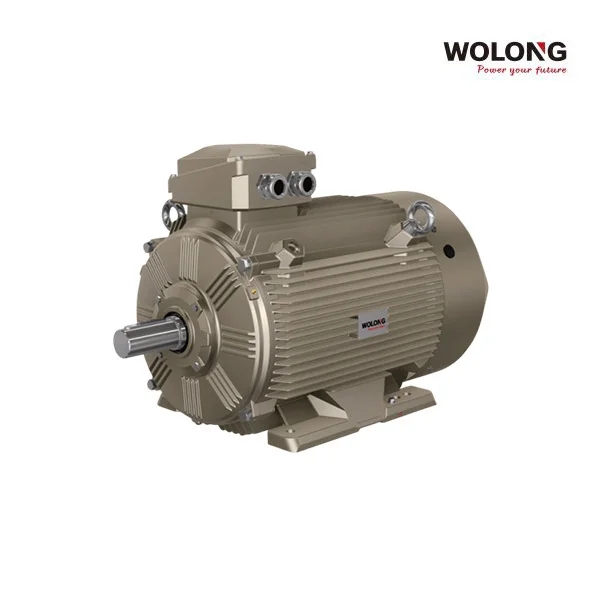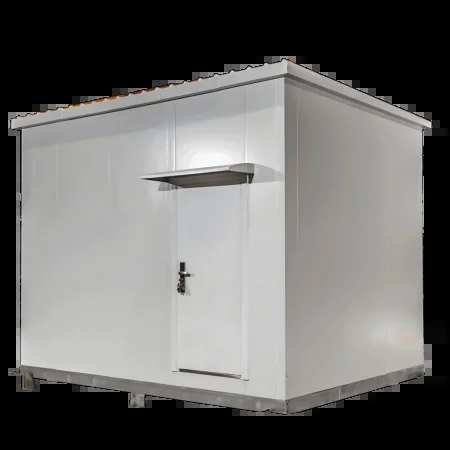Unleashing the Power of 1.2080 Steel: The Ultimate Tool Steel for Precision and Durability
1.2080 steel, also known as Cr12, Cr8 or D3 steel, is a high-carbon, high-chromium tool steel that stands out for its remarkable hardness, wear resistance, and ability to hold a sharp edge. These attributes make it a top choice in industries that demand precision, strength, and reliability. This article UTSTEEL explores 1.2080 steel, focusing on its main chemical composition and mechanical properties.

Main Chemical Composition of 1.2080 Steel
1.2080 steel is a high-carbon, high-chromium alloy tool steel known for its excellent hardness and wear resistance. The chemical composition of this steel is precisely engineered to meet performance requirements in high-load and high-wear environments.
Carbon (C) (1.9-2.2%)
Carbon is one of the most critical elements in steel, significantly increasing its hardness by combining with iron to form carbides such as iron carbides. 1. The high carbon content in1.2080 steel gives it extremely high hardness, allowing the steel to reach a hardness grade of 62-64 HRC after proper heat treatment, which is critical to the performance of cutting tools, molds and other wear-resistant parts. . The high carbon content also increases the steel's quenchability, allowing it to cool rapidly at high temperatures while maintaining high hardness. This property is particularly important when manufacturing tools that require high strength and wear resistance, such as cutting tools and molds. The presence of carbides enhances the wear resistance of steel, allowing it to maintain performance over time without deterioration in high-wear applications.
Chromium (Cr) (11-12%)
Chromium forms hard chromium carbides in steel. These carbides greatly improve the steel's wear resistance, making 1.2080 steel excellent in high-wear environments. These chromium carbides can be distributed in the steel matrix to form a hard wear layer and reduce surface wear. Although 1.2080 steel does not contain as much chromium as stainless steel, it still provides the steel with some corrosion resistance.
Silicon (Si) (0.1-0.4%)
Silicon acts as a deoxidizer during the smelting process of steel, effectively removing oxygen from the steel and preventing the formation of harmful oxides. This deoxidation makes the steel more uniform and improves its toughness and strength. In addition, silicon improves the hardening properties of the steel, allowing 1.2080 steel to harden more evenly during cooling, thus improving overall mechanical properties.
Manganese (Mn) (0.15-0.45%)
The presence of manganese allows the steel to harden more uniformly during heat treatment and increases its toughness. This is because manganese can promote the formation of austenite and improve the strength and toughness of steel at high temperatures. Manganese can also enhance the impact resistance of steel, allowing 1.2080 steel to perform better in high-stress environments. This is particularly important for tools and components that need to withstand mechanical shock or dynamic loads.
Mechanical Properties of 1.2080 Steel
1.2080 steel exhibits excellent mechanical properties in many aspects due to its unique chemical composition and advanced heat treatment process. These properties make 1.2080 steel excellent in a variety of industrial applications and meet demanding usage conditions.
Hardness
After proper heat treatment, the hardness of 1.2080 steel can reach 62-64 HRC. This high hardness is critical for many tools and molds that require extremely high wear resistance and sharp edges. In cutting tools, hardness directly affects the tool's service life and cutting ability, while in molds, high hardness means that the mold can maintain its shape and function for a long time without the need for frequent replacement or repair.
Wear Resistance
The chromium carbides and vanadium carbides of 1.2080 steel make the steel perform excellently in continuous friction and wear environments. This allows 1.2080 steel to provide long-term durability when making punches, scissors and other high-wear tools. This kind of wear resistance is particularly important in the manufacturing industry. In applications such as stamping dies and extrusion dies, 1.2080 steel can maintain efficient operation for a long time and reduce the need for frequent repairs and replacements.
Toughness
Although 1.2080 steel's high carbon content makes it harder, it is still moderately tough. This characteristic allows steel to withstand a certain degree of impact and load, making it suitable for applications that require a certain degree of impact resistance. In cold work tools and dies, 1.2080 steel exhibits good crack resistance and is able to maintain stable performance under high load and high stress environments.
Dimensional Stability
1.1.2080 steel can maintain dimensional stability during heat treatment, which is one of its major advantages. Dimensional stability means that the steel does not undergo significant dimensional changes or deformation after heat treatment, ensuring that tools and molds made from the steel maintain precise size and shape. This is particularly important for precision molds and demanding industrial components, ensuring consistency in the production process and product quality.
1.2080 steel exhibits excellent hardness, wear resistance and dimensional stability due to its carefully balanced chemical composition, making it ideal for a variety of demanding industrial applications. Whether in cutting tools, molds, or cold work applications, 1.2080 steel performs well and provides reliable performance guarantees for modern industrial processes. Its unique properties ensure its widespread use in fields requiring precision, durability and high-performance materials and maintain its importance in the ever-changing industrial environment.
Related Product:
https://www.gcmicgroup.com/12080-D3-SKD1-Cr12-Cr8-Hot-Rolled-Forged-Steel-Flat-Round-Steel-Bar.html
www.gcmicgroup.com
UTSTEEL





